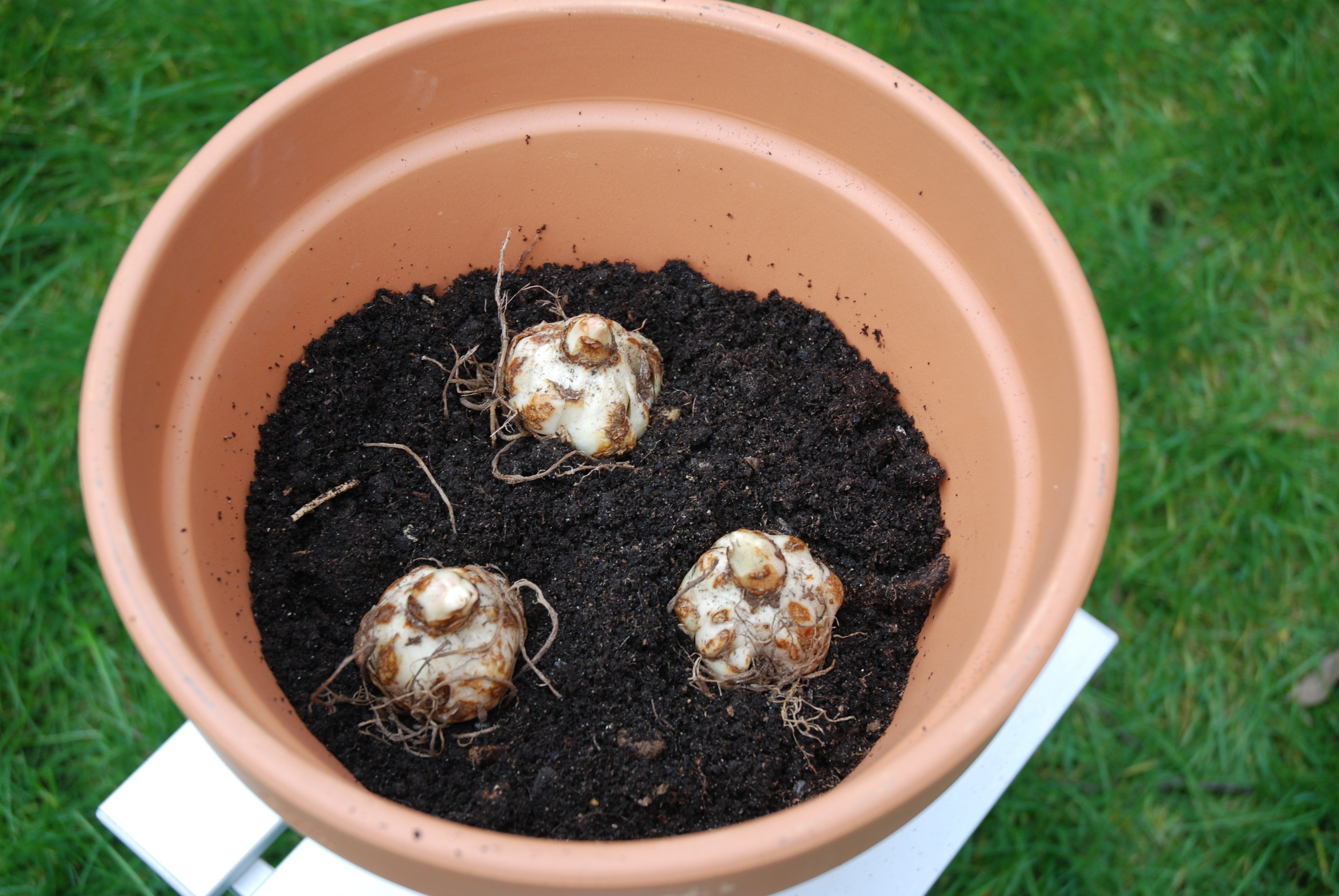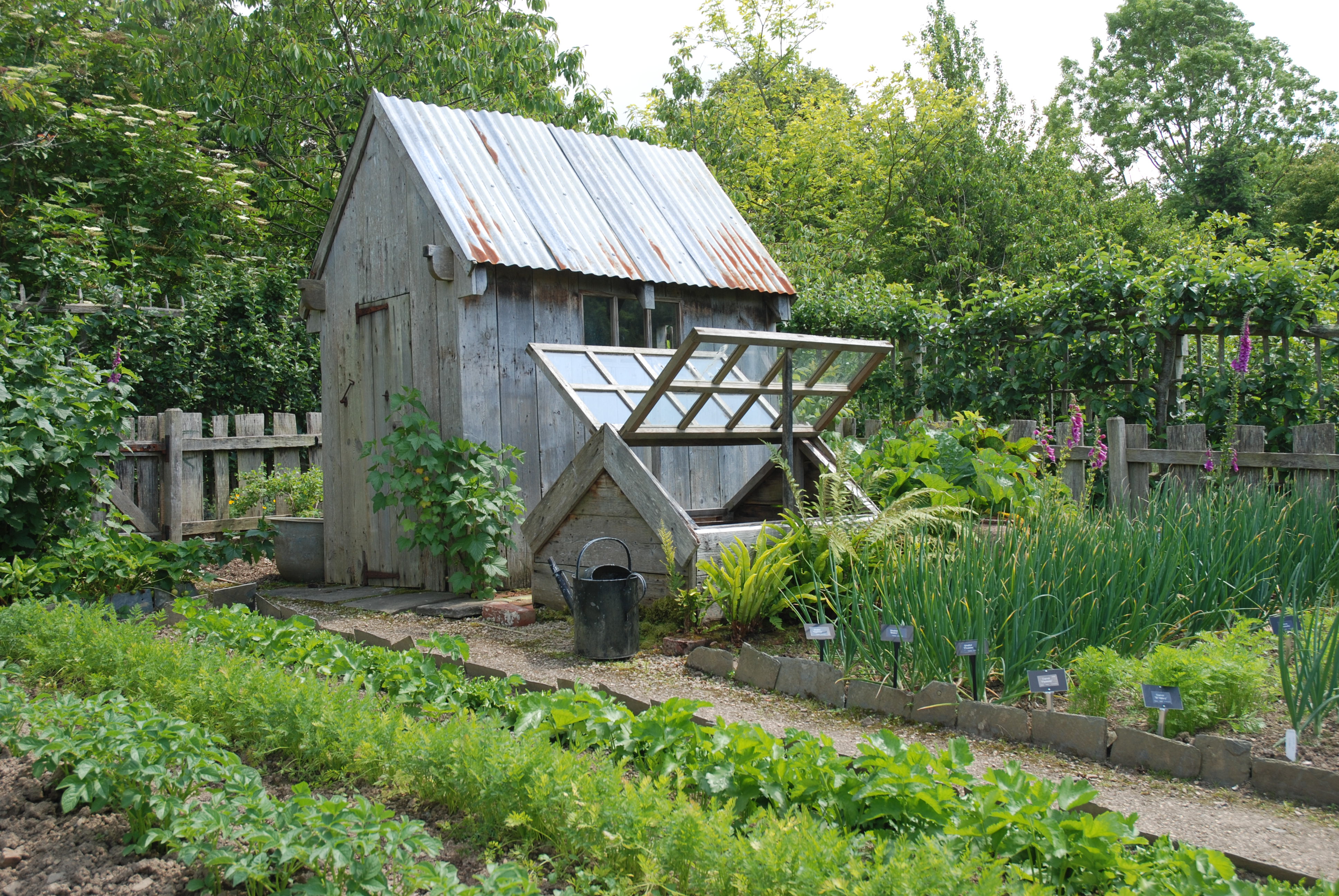Apparently there is a bumper crop this year of those vegetables that children generally hate. So how is it that some 60% of the nation likes them? When do your taste buds suddenly say “I love Brussels Sprouts”? Waitrose have introduced a sweeter tasting sprout especially for children! The theory is that our brain is wired to reject any bad smelling food as it may be poisonous , so farmers have grown a sweeter tasting variety.
This sweetness is actually a reduction, through breeding, in the amount of sulforaphane (sulphur compound) present, allowing the sweeter taste to come through. Sulforaphane, as such, is a protective substance against pests and diseases and is found to be in higher concentrations in stress conditions of warmth and drought says Tom Sharples, Senior Horticultural Manager at Suttons Seeds
Thus a warm, dry autumn will see more bitterness in sprouts. There is some concern that some new varieties with reduced sulforaphane may actually need greater pesticide use because they may be less resistant.
Interestingly, some people are more sensitive to bitterness than others. This is because they have a genetic ‘supertaster’ gene, which means that their taste is more sensitive – it also is the case that they appear to have better immune systems.
More babies are conceived in December than in any other month, says the Daily Mail! Apparently Sprouts are full of folic acid and rich in minerals which boosts fertility, so couples hoping for a baby should have a regular dose of them. And the health benefits don’t stop there!
Fortnum and Masons have introduced a juice made from sprouts and the claims of the health benefits abound, although there is also an opinion that a juice can be no substitute to a well-balanced diet. Juicing, we are told, makes it easier to absorb any nutrients and also causes less flatulence.
“Brussels sprouts are seriously under rated considering regular consumption of them can significantly reduce the risk of many different types of cancer such as lung and colon. Sprouts are an alkaline forming vegetable hence their help in fighting and protecting us from cancer. They are packed with antioxidants and high in vitamins A, C, E and folic acid, potassium and iron” says Gabriella Clarke MHS. MNCS (ACC) Nutritional Therapist
How to cook Sprouts?
Contrary to popular opinion, Brussels sprouts do not benefit from having a cross cut into the bottom of them, says BBC Food. Instead of helping them to cook evenly, the cross can make the sprouts waterlogged. Instead, cut sprouts in half, or just pop them into the pan as they are. Of course, when cooking, people can reduce the bitter taste in any event by slicing off the base of the sprout where the compounds of sulforaphane tend to be congregated
Try Brussels sprouts shredded, either eaten raw in a salad or flash-fried with bacon and plenty of butter or a few spoonfuls of crème fraîche. Throw in some chestnuts for a particularly seasonal treat that’s a perfect accompaniment to a Sunday roast. Or blanch whole sprouts briefly in boiling water, douse in cream and bake in the oven for a luxurious gratin. Leftovers make delicious bubble and squeak. Mix the Brussels sprouts with mashed potato, shape into little patties and fry until golden-brown. Top with a poached egg for a simple brunch.
And finally how do we grow them? Sow on a prepared seed bed outdoors early March-late April. For early crops, sow in frames or under cloches during February. Put the plants out in their final growing positions at 60-90cm (2-3′) apart in well-firmed soil May-early June. Harvest November to January.
And if you would like to grow your own “sweet” sprouts try British bred F1 Montgomery from Dobies (www.dobies.co.uk) They also have a further 8 varieties to choose from all with distinct characteristics!
































